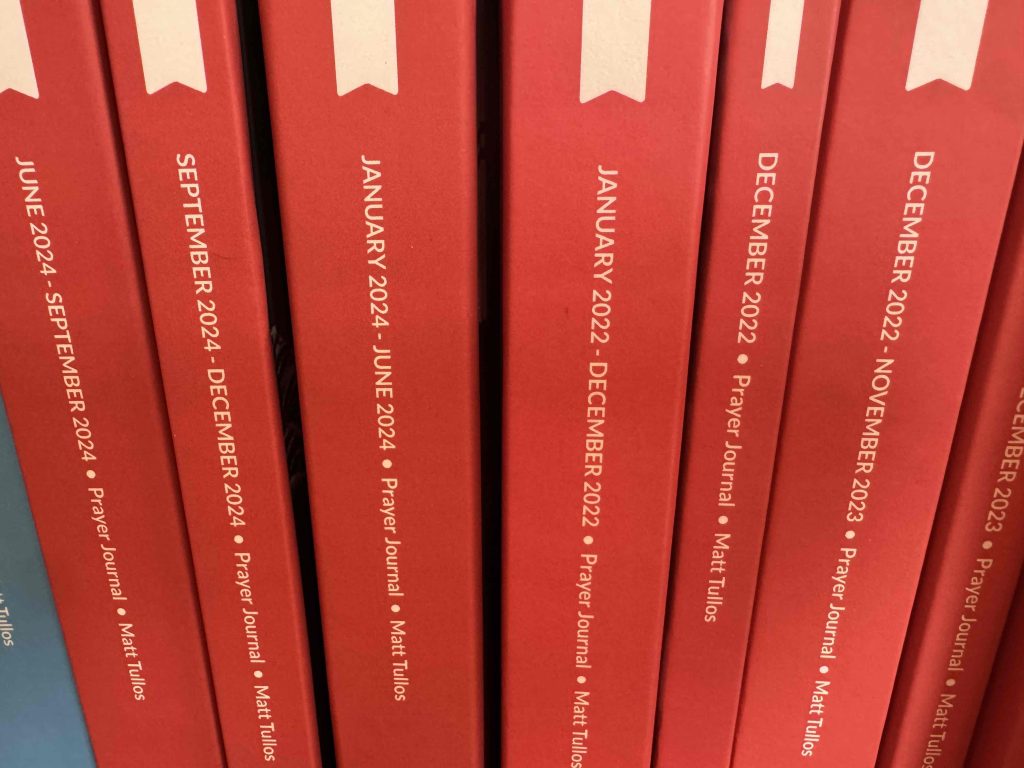Israel, Gideon and a Bug’s Life
Remember the movie “A Bug’s Life”? If you have kids, you’ve probably watched it countless times—children love repeating their favorite films over and over. In that animated classic, a colony of ants lives in constant terror of the grasshoppers who swoop in like a plague, devouring everything in sight. The ants cower and hide, always wondering when the next attack will come, living their lives in fear of when the enemy will return.
This vivid picture perfectly captures the situation we find in Judges 6, where the Israelites faced their own version of grasshoppers—the Midianites. Just like those animated ants, God’s people were hiding in caves and strongholds, paralyzed by fear, never knowing when their enemies would strike next.
Fear has a way of making us feel small. Whether it’s that uncomfortable meeting with the boss or facing circumstances that seem insurmountable, we all know what it’s like to feel overwhelmed and inadequate. Yet within each of us—regardless of our perceived weaknesses—lies a warrior that God sees and wants to use.
The story of Gideon in Judges 6-7 reveals a profound truth: God doesn’t see us the way we see ourselves. He sees the warrior within, even when we’re cowering in fear, much like those frightened ants who would eventually discover their own courage.
When Fear Takes Hold
The Israelites found themselves in a desperate cycle that feels all too familiar. They had rebelled against God, leading to isolation, then bondage under their enemies, the Midianites. Like locusts, these enemies would swoop in and destroy everything the Israelites had worked for, leaving them hiding in caves and strongholds.
This cycle—rebellion, isolation, bondage—mirrors patterns we see in our own lives. When we distance ourselves from God, we often find ourselves isolated from others as well. That isolation creates a void we try to fill with other things: alcohol, drugs, pornography, or countless other substitutes for the soul connection that only Jesus can provide.
But there’s hope in this cycle. When we reach the end of ourselves, when we cry out to the Lord in our helplessness, He is faithful to respond with deliverance.
The Unlikely Warrior
Enter Gideon—hardly the picture of a mighty warrior. We find him threshing wheat in a winepress, hiding from the very enemies God would soon call him to defeat. Yet when the angel of the Lord appeared to him, the greeting was startling: “The Lord is with you, you mighty man of valor.”
This reminds me of a personal experience that perfectly captures how God sees us differently than we see ourselves. During seminary, I worked as a jailer—a job I was completely unsuited for. I wasn’t tough, didn’t have the “spiritual gift” of being a jailer, and dreaded the day I had to get certified on the rifle range.
I’d never really shot a rifle before, except for hunting squirrels with my grandfather in Louisiana. Standing on that windy day in Fort Worth, Texas, watching these burly, experienced marksmen struggle to hit even one or two clay targets, I felt like Don Knotts—shaking with fear and nerves. I needed to hit seven out of twelve to get certified, but I just prayed to hit one so I wouldn’t be completely humiliated.
They called me “preacher boy” and saved me for last. As I stood there, rifle trembling in my hands, I whispered one more prayer: “Lord, just let me hit one.” The first clay target flew out, and somehow—boom—I hit it. Then the second. By the end, I was the only one to get certified that day, hitting eight out of twelve while seasoned marksmen looked on in amazement.
In that moment, I understood Gideon. I was the unlikely candidate, shaking in fear, yet God saw something in me that I couldn’t see in myself. Just as the angel called Gideon “mighty man of valor” while he cowered in a winepress, God sees the warrior in us even when we feel most inadequate.
Gideon’s response reveals his mindset: doubt, questions, and complaints about God’s apparent absence. “If the Lord is with us, why has all this happened to us?” he asked. Sound familiar? We often get stuck asking “why” when God wants to move us to “what”—what He’s calling us to do next.
Despite Gideon’s protests about being from the weakest clan and the least in his family, God’s response was simple and powerful: “Surely I will be with you.” This phrase—”I will be with you”—might be the most powerful promise we can cling to. As the psalmist wrote, “Though I walk through the valley of the shadow of death, I will fear no evil, for You are with me.”
God’s Unconventional Strategy
When Gideon finally assembled an army, he gathered 32,000 men. But God said it was too many. After allowing the fearful to leave, 22,000 departed. Then, through an unusual test involving how the men drank water, God whittled the army down to just 300 men—less than 1% of the original force.
Why would God do this? Because when we rely on our own strength and resources, we get the glory. But when God uses the small, the broken, and the unlikely, everyone knows it had to be divine intervention.
God equipped these 300 men not with swords and shields, but with trumpets, empty jars, and torches. Hardly conventional weapons of war, yet they contained profound spiritual symbolism that would later be echoed by the apostle Paul.
Three Symbols of Spiritual Warfare
The Trumpet represents proclamation. Every time we speak the name of Jesus, we’re wielding the most powerful trumpet imaginable. Our testimony, our witness, our proclamation of Christ’s lordship—these are weapons that confuse and defeat the enemy.
The Jar symbolizes brokenness. Just as the men had to break their jars to reveal the light within, God must break us to use us effectively. Like bread broken to feed thousands, our brokenness becomes the means through which God’s power flows.
The Torch represents God’s glory. Hidden within the clay jars until the moment of revelation, the light points to the glory of God shining through fragile human vessels.
Centuries later, Paul would write in 2 Corinthians 4:5-7 about how we carry this treasure in jars of clay, making it clear that the power comes from God, not ourselves. Gideon lived this truth before Paul wrote it.
The Power of Unified Minority
Here’s a crucial principle: a unified minority always confuses the enemy. Satan thrives on division, schisms, and clicks within the church. But when a small group of people agrees together in the Lord, amazing things happen.
Those 300 men, following Gideon’s lead, surrounded the enemy camp. At the signal, they blew their trumpets, broke their jars, and revealed their torches, shouting “The sword of the Lord and of Gideon!” The resulting confusion caused the Midianite army to turn on itself.
Your Warrior Calling
What does this mean for us today? First, recognize that God sees the warrior in you, regardless of how inadequate you feel. You might be hiding in your own version of a winepress, but God is calling you a “mighty man [or woman] of valor.”
Second, remember that Jesus is with you. This simple truth can transform any situation. You may have lost your job, but Jesus is with you. You may be facing illness, but Jesus is with you. You don’t need anything else beyond this assurance.
Third, be willing to let God break you. Our brokenness isn’t something to hide from—it’s the very thing God uses to shine His light through us to a dark world.
Finally, don’t be overwhelmed by the size of the opposition. God doesn’t need an army of thousands when He has a few faithful people willing to follow His unconventional methods.
The same God who gave Gideon victory with 300 men and clay pots is ready to work through you today. The question isn’t whether you’re qualified—it’s whether you’re willing to let the warrior within step forward in faith, knowing that Jesus is with you.
Your winepress moment might just be the beginning of your greatest victory.


